Over washing or using harsh shampoos can strip hair of natural oils, leading to dryness, breakage, and scalp irritation. Discover tips to prevent and repair shampoo-related hair damage, helping your clients maintain strong, healthy hair.
Introduction
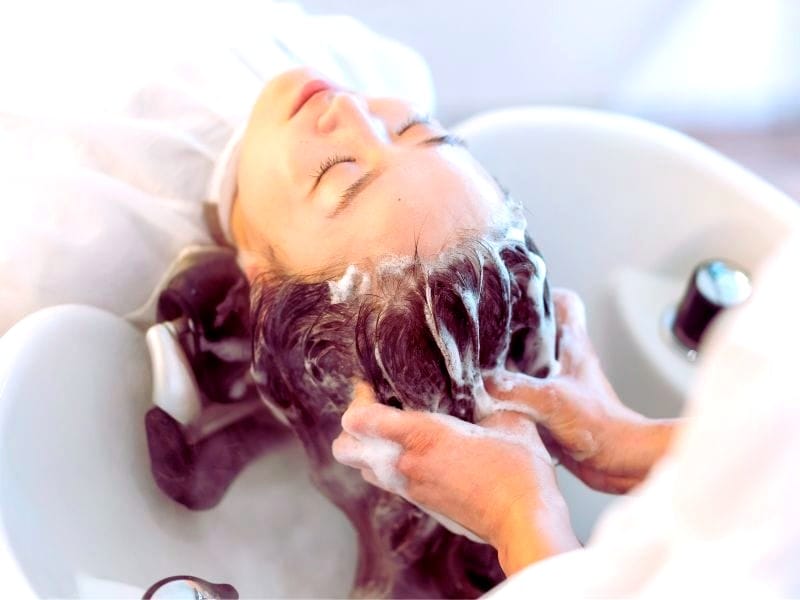
Many salon owners focus on styling and treatments, but shampooing mistakes often cause the most hair breakage and scalp irritation. Using the wrong sulfate-free shampoo, washing too often, or applying shampoo incorrectly can lead to dryness, breakage, and moisture imbalance. Clients trust salons to guide them toward healthier hair, yet many unknowingly damage their strands between appointments. Educating them on proper shampooing techniques and salon hair repair treatments can prevent unnecessary damage and improve hair quality.
Washing hair daily strips away natural oils, forcing the scalp to produce more oil to compensate. This cycle leads to greasy roots, dry ends, and clients feeling like they need to wash their hair even more often. Instead, encourage clients to wash according to their hair type—every three days for fine hair, every four to five days for medium hair, and every six or more days for coarse hair. Proper washing frequency helps balance oil production, keeping hair strong, shiny, and manageable.
How Harsh Shampoos Strip Hair of Natural Oils
Not all shampoos are made equal, and many contain harsh detergents that strip hair of moisture. Sulfates, parabens, and artificial fragrances can cause dryness, frizz, and long-term scalp irritation. When clients use low-quality shampoos, they unknowingly weaken their hair, leading to excessive shedding and split ends. Recommending salon-grade, sulfate-free shampoos can help maintain hydration and protect hair from unnecessary damage.
Many shampoos also contain silicones and alcohol, which coat the hair and create buildup over time. While they may provide temporary smoothness, these ingredients prevent moisture from penetrating the hair shaft, causing it to become brittle. Clients should look for shampoos with plant-based extracts, biotin, or keratin to strengthen hair and improve elasticity. Helping clients understand the importance of quality ingredients can make a significant difference in their hair health.
The Link Between Shampooing and Hair Breakage
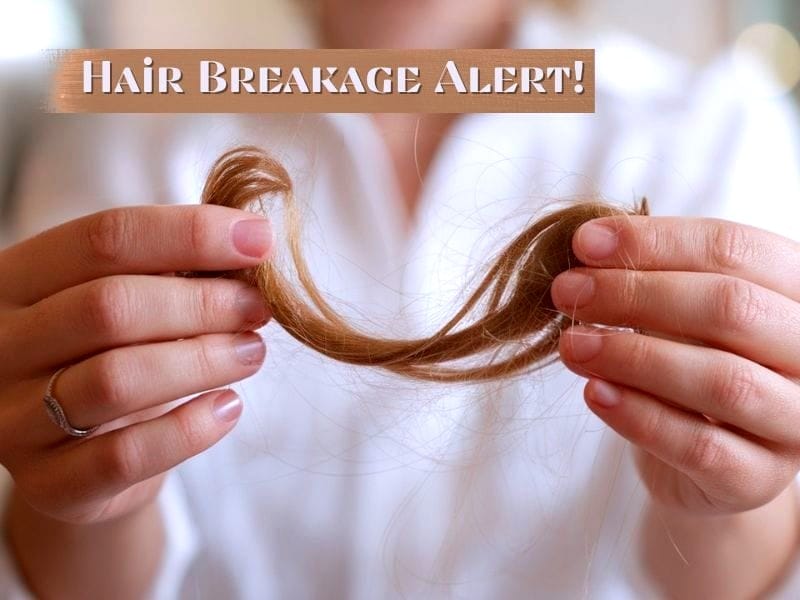
Overwashing and using the wrong shampoo can weaken hair over time, making it prone to breakage. Many clients lather shampoo on their hands before applying it, which dilutes the product and prevents it from properly cleansing the scalp. Instead, they should apply shampoo directly to their roots, focusing on cleansing buildup and excess oil. A second wash ensures the hair is completely clean without stripping its natural moisture.
Clients who experience excessive shedding after washing may be using too much pressure when scrubbing. Vigorous scalp scrubbing can weaken hair at the root, leading to increased hair loss. Instead, they should gently massage their scalp with their fingertips, not their palms, to stimulate circulation without causing irritation. Teaching clients proper washing techniques can protect their hair and reduce unnecessary breakage.
The Truth About Water Temperature and Hair Health
Many believe hot water is bad for hair, but this is actually a myth. Warm or even hot water helps open the scalp, removing oil and buildup more effectively. Many professional stylists use hot water during salon washes, and their clients’ hair remains strong and healthy. Clients should use whatever temperature they find comfortable, as extreme cold rinses offer little benefit.
What truly damages hair is improper rinsing, not the water temperature itself. Failing to rinse out shampoo completely can leave residue behind, weighing down the hair and causing scalp irritation. Clients should ensure they thoroughly rinse their hair until the water runs clear to prevent product buildup. Proper rinsing, combined with the right shampoo, ensures a deep clean without damaging the hair.
The Biggest Shampooing Mistake: Applying Shampoo the Wrong Way
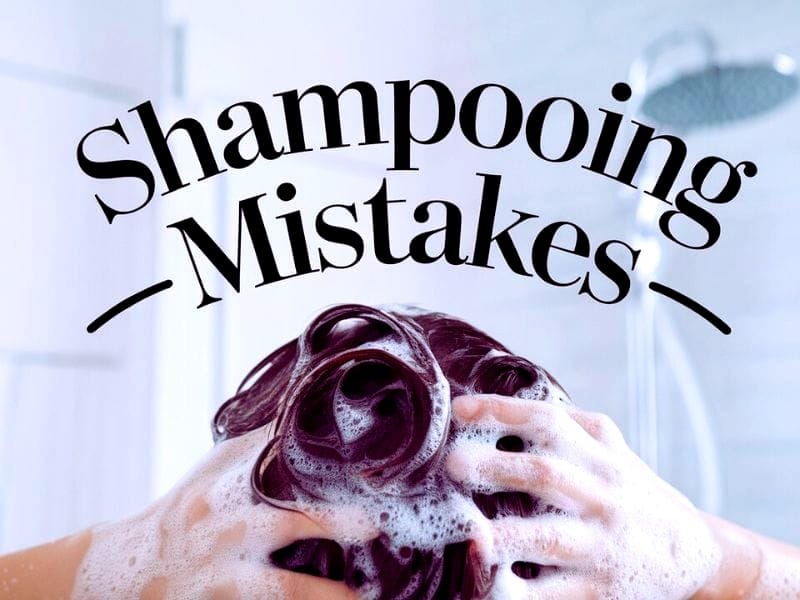
Most clients apply shampoo incorrectly, leading to unnecessary dryness and oiliness. Instead of spreading it across their hands first, they should apply shampoo directly to their scalp in four key areas—the crown, top, sides, and nape of the neck. This ensures even distribution and allows the shampoo to effectively cleanse the scalp. Running shampoo over the mids and ends is unnecessary, as the rinse-out process naturally cleanses these areas.
Using fingertips to scrub, rather than palms, allows for proper scalp stimulation without irritation. Many clients unknowingly create excessive friction, leading to damage and weakened hair strands. The key is to use gentle circular motions, working the shampoo into the scalp without aggressive scrubbing. By teaching clients these small adjustments, salon owners can help them achieve cleaner, healthier hair with every wash.
Signs Your Clients’ Hair is Damaged from Shampooing
Hair that lacks shine, elasticity, or strength may be suffering from improper washing habits. If a client’s hair constantly feels dry and brittle, their shampoo may be too harsh, or they may be washing too frequently. Encouraging them to space out their washes and use hydrating shampoos can restore moisture and improve hair texture. A simple shift in routine can often resolve excessive dryness.
Clients who complain about scalp irritation, flaking, or an itchy feeling may be experiencing product buildup or sensitivity to shampoo ingredients. Artificial fragrances and sulfates are common irritants that disrupt the scalp’s natural balance. Switching to gentle, plant-based shampoos with ingredients like chamomile or aloe vera can soothe irritation and promote a healthier scalp. Identifying these issues early allows salon owners to recommend the best solutions.
How Overwashing Leads to Dry, Brittle Hair
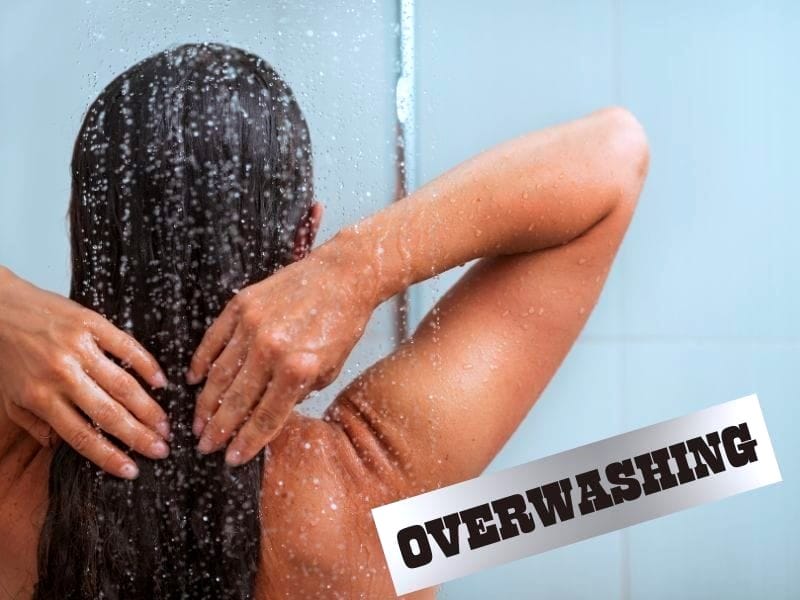
Washing hair too often removes essential oils that keep it soft and flexible. As a result, the hair shaft becomes dry and prone to breakage, especially when heat styling is involved. Clients who frequently use hot tools should be even more cautious about overwashing, as it can make their hair more fragile. Limiting washes and using a leave-in conditioner can help retain moisture.
On the other hand, not washing often enough can lead to clogged hair follicles and excess oil production. Finding the right balance is key to maintaining healthy hair, and different hair types require different washing schedules. Fine hair should be washed every three days, while medium and coarse hair can go longer without shampooing. Helping clients develop a balanced routine prevents damage and keeps their hair looking its best.
Conditioning Mistakes That Weaken Hair
Many clients either skip conditioner entirely or don’t use enough of it. Conditioner should always be applied generously to the mids and ends, never to the roots, to prevent oil buildup. Properly conditioned hair retains moisture better, reducing frizz and breakage. Clients should apply conditioner evenly with both hands to ensure every strand is coated.
Leaving the conditioner in for at least two minutes before rinsing allows the hair to fully absorb moisture. Rinsing too soon prevents the conditioner from delivering its full benefits, leaving hair dry and difficult to manage. For damaged hair, a weekly deep conditioning treatment or hair mask can help restore hydration. Clients who follow these steps will notice significantly softer, healthier hair.
How Vegan Haircare Helps Reverse Shampoo-Related Damage
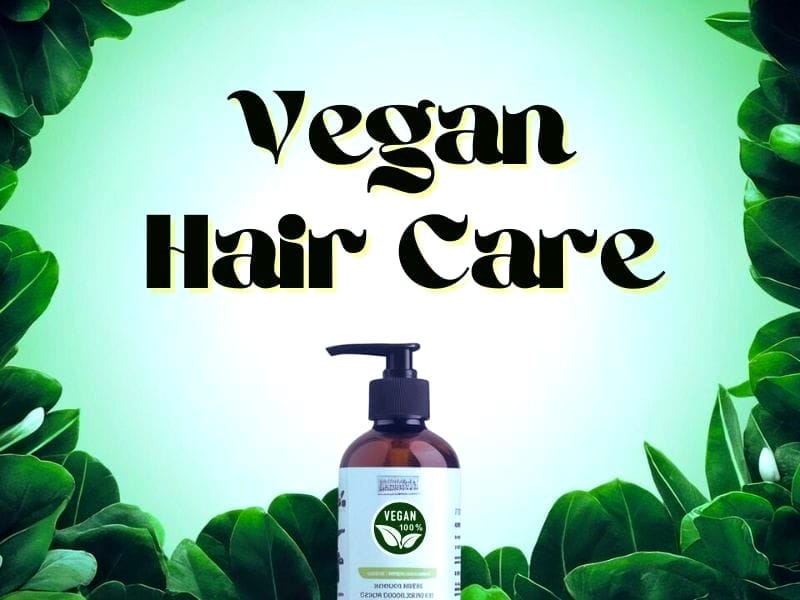
Clients looking for a gentler approach to haircare can benefit from vegan shampoos and treatments. Many plant-based formulas are free from sulfates, silicones, and synthetic fragrances, making them ideal for sensitive scalps. Ingredients like nettle extract, aloe vera, and sunflower oil nourish hair while maintaining moisture balance. Vegan haircare supports long-term hair health without harsh additives.
Offering vegan shampoos and masks in your salon not only provides a healthier option for clients but also appeals to those seeking clean beauty solutions. Many consumers are switching to plant-based products to reduce exposure to harmful chemicals. By incorporating vegan haircare into your services, you position your salon as a leader in healthy, ethical beauty.
FAQs About Hair Damage from Shampooing
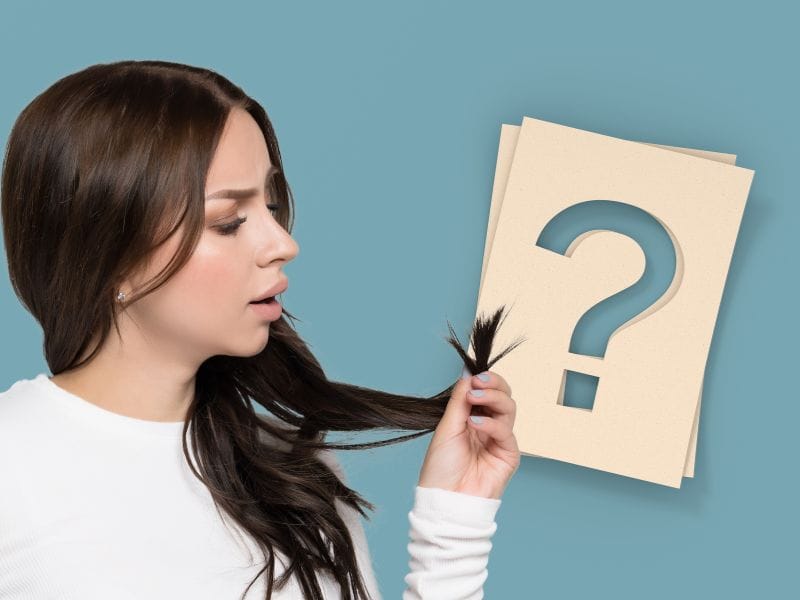
Can shampooing too much cause permanent hair thinning?
Frequent shampooing weakens hair by removing essential moisture, making it more prone to shedding. While it doesn’t cause permanent hair loss, excessive breakage can lead to noticeable thinning.
What ingredients should clients avoid to prevent hair damage from shampooing?
Avoid sulfates, parabens, silicones, and artificial fragrances, as they strip moisture and cause buildup. Instead, use gentle, plant-based shampoos that nourish and strengthen the hair.
How can clients restore moisture to their hair after years of over-shampooing?
Hydrating shampoos, deep conditioning treatments, and natural oils like argan or jojoba can help replenish lost moisture. Reducing wash frequency and using leave-in conditioners will also aid in hair recovery.
Are salon treatments necessary to repair severe shampoo-related hair damage?
Salon treatments like deep conditioning, protein masks, and scalp detoxes can accelerate hair repair. These treatments restore hydration, strengthen strands, and improve long-term hair health.
Final Thoughts
How Salons Can Help Clients Prevent Hair Damage
Shampooing mistakes can lead to dryness, breakage, and scalp irritation, but the right guidance can transform hair health. As a salon owner, educating clients on gentle washing techniques and recommending high-quality, vegan hair care can make a lasting impact. Vegan shampoos, free from sulfates and harsh chemicals, nourish the hair with plant-based ingredients, promoting hydration, strength, and long-term health. Offering clean beauty solutions not only benefits clients but also elevates your salon’s reputation as a leader in healthy hair care.
💡 Want to provide the best haircare experience for your clients? Sign up now for exclusive product recommendations, salon growth strategies, and haircare insights. Message us today to discover how vegan, sulfate-free shampoos can enhance your services and keep your clients' hair healthier than ever!
Tired of damaged hair? This video has the salon secrets to keep your locks looking their best.

